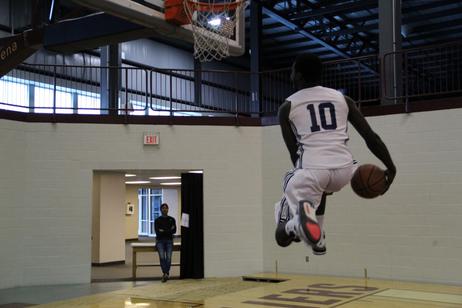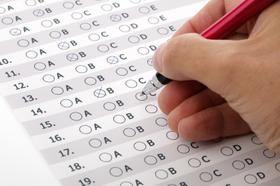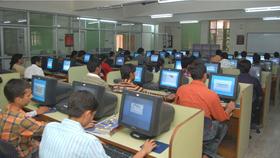It was a different world for the Presidents who held office in the 20th century. They had a succession of wars to deal with, as well as two devastating economic recessions.
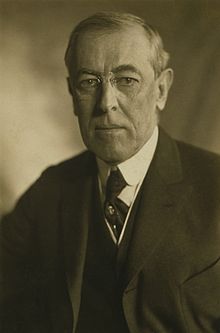 28 - Woodrow Wilson
28 - Woodrow Wilson
President from March 4, 1913, to March 4, 1921.
Born: December 28, 1856, Staunton, Virginia
Died: February 3, 1924, Washington, DC Political party: Democratic Party
Virginia native Woodrow Wilson did not attend school until he was a teenager. He was homeschooled. Scholars seem to think he might have had dyslexia. Wilson compensated for this by learning Graham Shorthand. He did manage to attend college, variously attending Davidson College, Princeton University, and the University of Virginia Law School.
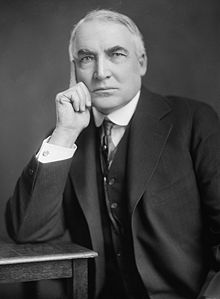 29 - Warren Harding
29 - Warren Harding
President from March 4, 1921, to August 2, 1923
Born: November 2, 1865, Blooming Grove, Ohio
Died: August 2, 1923, San Francisco, California
Political Party: Republican Party
Little is known of Ohio native Warren Harding's early education. Scholars seem to think that he was mostly homeschooled. He attended Ohio Central College and earned his degree from that institution.
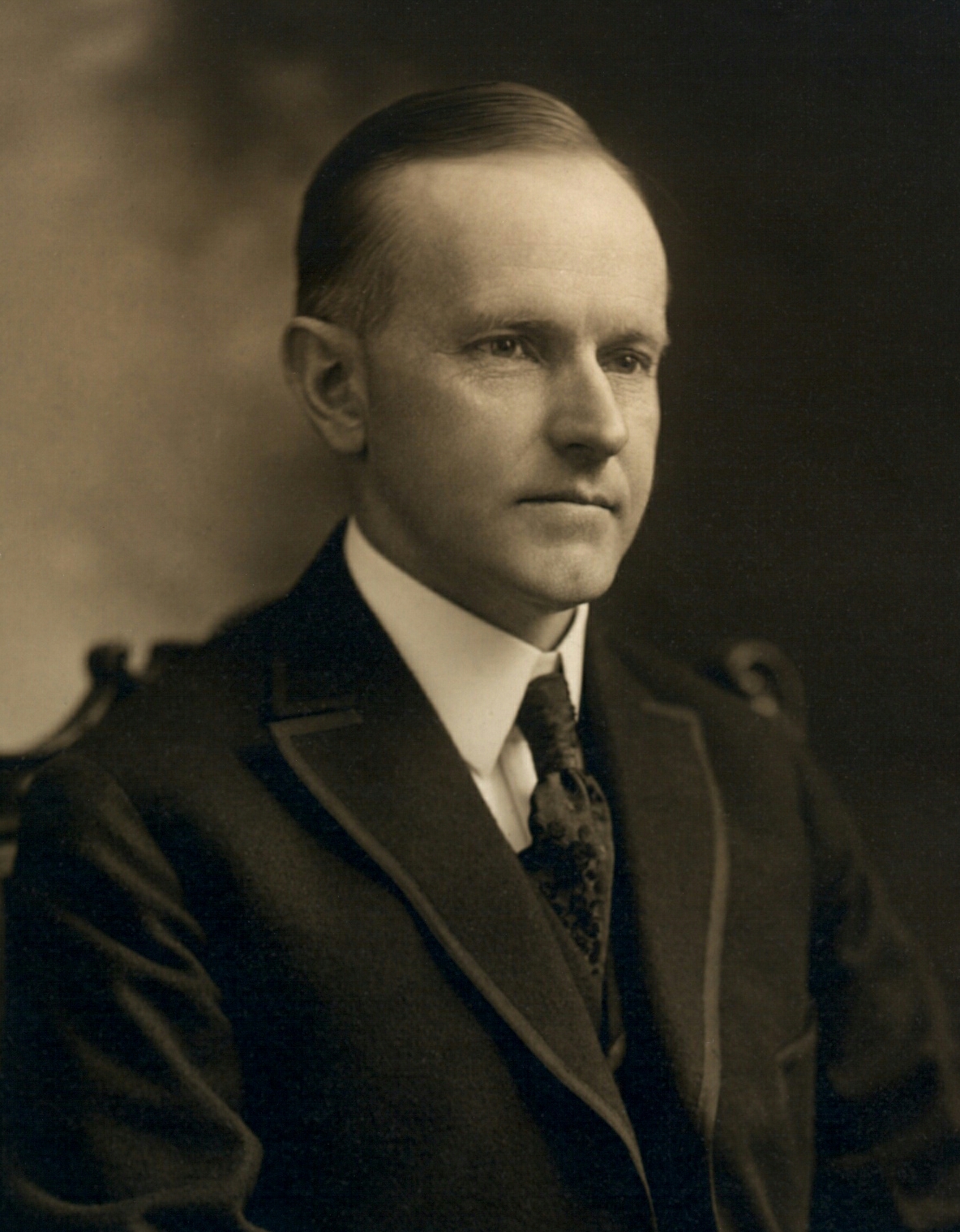 30 - Calvin Coolidge
30 - Calvin Coolidge
President from August 2, 1923, to March 4, 1929
Born: July 4, 1872, Plymouth Notch, Vermont
Died: January 5, 1933, Northampton, Massachusetts
Political Party: Republican Party
Vermont native Calvin Coolidge attended Black River Academy and then St. Johnsbury Academy, local semi-private schools which eventually became their town's public schools. He matriculated to Amherst College from which he graduated with honors in

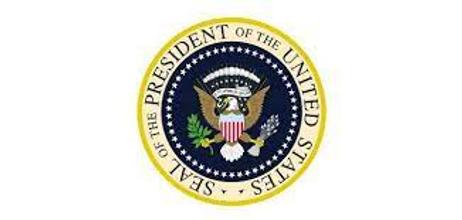
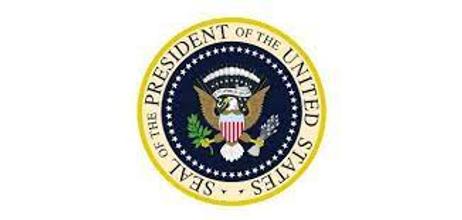
 President from April 30, 1789 to March 4, 1797. No party affiliation.
President from April 30, 1789 to March 4, 1797. No party affiliation.